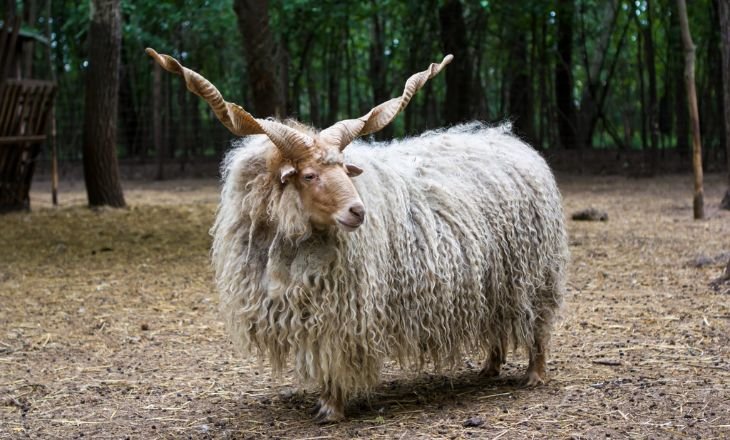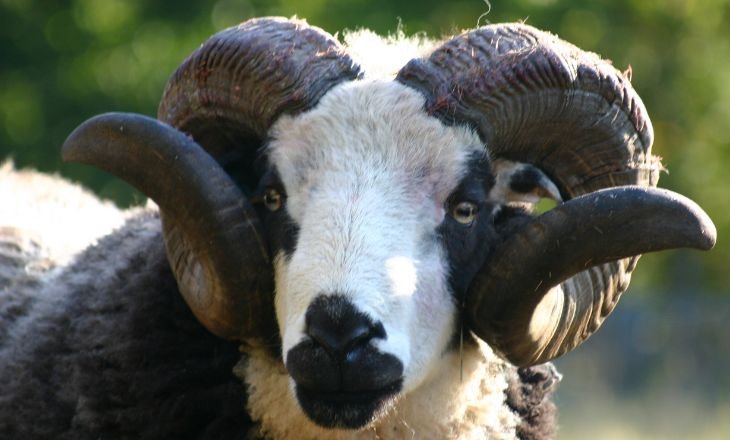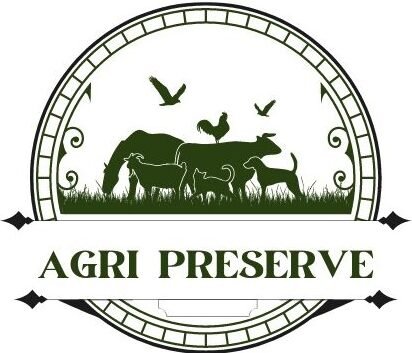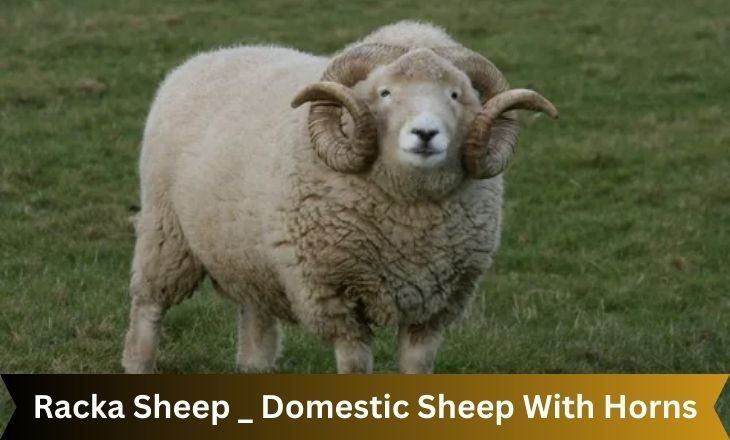In Hungary, there is a special type of sheep called the Racka Sheep. They have unique spiral-shaped horns that curve back towards their necks. These sheep are loved by locals and admired by people who like animals.
The Racka Sheep have a long history and are known for their elegance. Their horns have interesting patterns and show their strength in tough environments.
Let’s explore the world of Racka Sheep to learn more about their history and beauty.
Sheep History
Sheep have been around for over 10,000 years, originating in central Asia. With its long spiral horns, the Sheep is a unique and vital breed. Many cultures and shepherds value their horns. Racka Sheep provide wool, milk, and meat, making them valuable to humans. They are resilient animals that thrive in rugged mountains and dry regions.
Sheep Characteristics
- The Racka sheep is a special breed with spiral horns.
- Sheep can adapt to different climates and terrains, making them tough livestock.
- People like them because they give good milk and tasty meat.
- Their wool is popular among shepherds and fiber enthusiasts for its quality.
- They have a hierarchy within their flocks, showing interesting social dynamics.
- They have a distinct look and are peaceful when eating in Europe.

Temperament
The Racka sheep has curly horns and a calm personality. They have solid bodies and impressive horns but are gentle and intelligent. Farmers prefer them because they are easy to handle and look good.
The sheep are curious and observant. They are good at grazing because they can quickly notice danger or changes. They are social animals and form strong bonds with other sheep, creating a sense of togetherness.
Racka Sheep Varieties UK
Racka sheep in the UK have spiral horns that curve inward. They are common in the countryside and can live in different places. Their wool is soft and firm and used in making clothes.
Farmers like these sheep because they are calm and easy to handle. They give a unique look to farms and are valued for their appearance and usefulness, adding variety to rural livestock.
Facts About Sheep
Formal Region: Racka Sheep are a unique breed that lives in the grasslands of Hungary.
Big Horn Sheep Weight: The Hungarian Sheep have long, spiral horns that can grow up to 2 feet and weigh up to 12 kilograms each.
Sheep Size And Weight: Sheep are medium-sized animals with spiral horns. They weigh between 110-165 pounds and have muscular bodies.
What Is Sheep Wool Used For
Racka sheep wool is strong and flexible, making it suitable for blankets, rugs, and fancy fabrics. It is warm, durable, and soft, blending well with other materials.
The wool is also ideal for skin care, moisturizing, and soothing the skin. Lanolin in the wool is natural and helpful in making hydrating creams and lotions.
Sheep wool is eco-friendly and sustainable, as it is a renewable resource that does not harm the animals.
Sheep Breeding Season
Racka sheep exhibit interesting behavior during breeding season due to their unique genes. The ram protects its territory and finds mates, displaying its natural survival and reproduction instincts. Observing sheep courtship dances provides insight into their communication and interactions within the flock.
Factors such as temperature and food availability can impact breeding, highlighting the adaptability of these animals. Breeders must monitor the breeding season carefully to ensure successful reproduction and the birth of healthy offspring.
Using methods like artificial insemination can enhance genetic diversity and prevent inbreeding.
Sheep Gestation Period
Racka sheep, known for their spiral-shaped horns, are pregnant for about 145 to 150 days. This time is essential for the baby lamb to grow inside the mother sheep. The mother sheep’s body changes to help the baby grow, needing more food and experiencing hormone changes.
Raising Sheep
Farmers raise Racka sheep because they can adapt to various climates and terrains. Farmers should provide them with sound environments. Here are some tips for keeping sheep healthy and happy, whether you are experienced or new to farming.
Provide Shelter
Racka Sheep need a strong shelter to stay safe in harsh weather. They need good ventilation for their health. They prefer open spaces to graze and move around freely. A large shelter keeps them safe and comfortable in bad weather.
Sheep Fencing
They are good at jumping. They use wire mesh and electric fencing to create a secure area for agile and curious animals.
Sheep Flock Together
Sheep stick together in groups, eating peacefully and forming strong bonds. Their teamwork and unity are important for success. Watching them move gracefully together reminds us that supporting each other through challenges brings strength.
Disease Monitoring
To keep sheep healthy, regularly check for signs of illness like changes in behavior, appetite, coughing, or diarrhea. Practice good hygiene, follow a vaccination schedule, and be aware of diseases that may affect them more.
Shade In The Summer
In the summer, provide shade for Racka sheep to keep them cool and safe from the sun. Use trees, shrubs, or shade cloth in the pasture. Keep an eye on the sheep in hot weather and give them fresh water. Shade prevents heat stress and keeps the sheep comfortable and healthy. Giving priority to shade in the summer helps your flock thrive.
Provide Needs
To keep Sheep healthy, make sure their living area is clean and dry. Feed them a balanced diet of hay, pasture, and minerals. Monitor their water intake, especially in hot weather. Taking care of Racka Sheep is rewarding but requires attention to their needs. Focus on providing shelter, food, and water to keep them healthy and happy on your farm.
How Do Sheep Sleep
Racka sheep have a unique way of sleeping. They can sleep with their eyes open, which helps them stay alert. Unlike humans, they often sleep standing or sitting, allowing them to respond quickly to dangers.
They sleep in groups, taking turns to watch over each other. This teamwork keeps them safe at night and shows the importance of adaptability and working together for a good night’s sleep.
Raising Sheep For Profit
Racka sheep are a unique breed that can help farmers earn more money. They have twisted horns and a distinct appearance that many people like. By breeding and raising these sheep, farmers can enter a profitable market.
Racka sheep are hardy and can adapt to different climates, reducing the risk of health issues and costly care.
Their meat is high-quality and delicious, selling for a higher price than other breeds. Raising Racka sheep can be a profitable option for farmers who are ready to invest time and resources.
Rare Breed Of Sheep In UK
The Jacob sheep is a rare breed from the UK with four or six horns. Racka sheep are tough and can thrive in tough conditions. The UK is interested in protecting sheep to add to the variety of livestock in Britain.

Conclusion
The Racka sheep are a unique breed of domestic sheep characterized by their distinctive spiral-shaped horns. Originating from Hungary, these hardy and adaptable animals have thrived in various climates and landscapes around the world.
Their dual-purpose nature, providing both wool and meat, makes them a valuable asset to farmers and homesteaders alike. Despite their striking appearance, Racka sheep are also known for their docile temperament and easy-going demeanour.
For those looking to diversify their livestock or simply admire the beauty of these horned creatures, consider adding Racka sheep to your flock today.
Frequently Asked Question
What Is The Racka Sheep Used For?
The Racka sheep are primarily raised for their wool, meat, and milk.
What Color Sheep Is Most Rare?
Pink Sheep are very rare, with only a 0.164 chance of appearing naturally. If a player names a sheep jeb, its wool will change colors.

